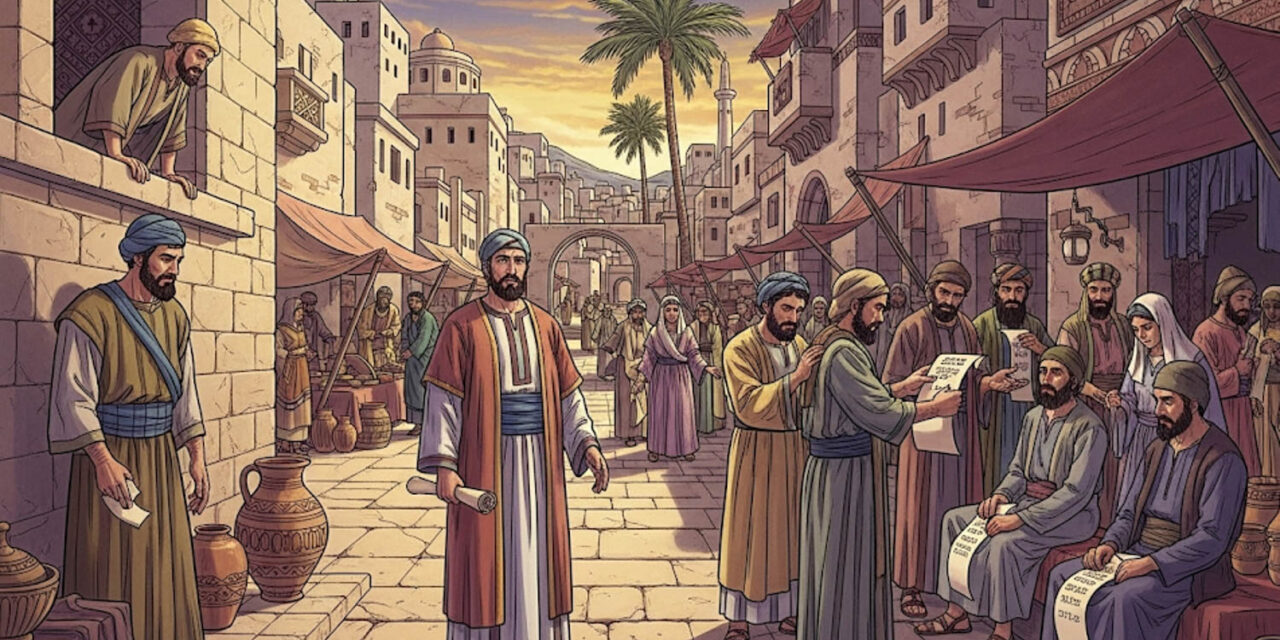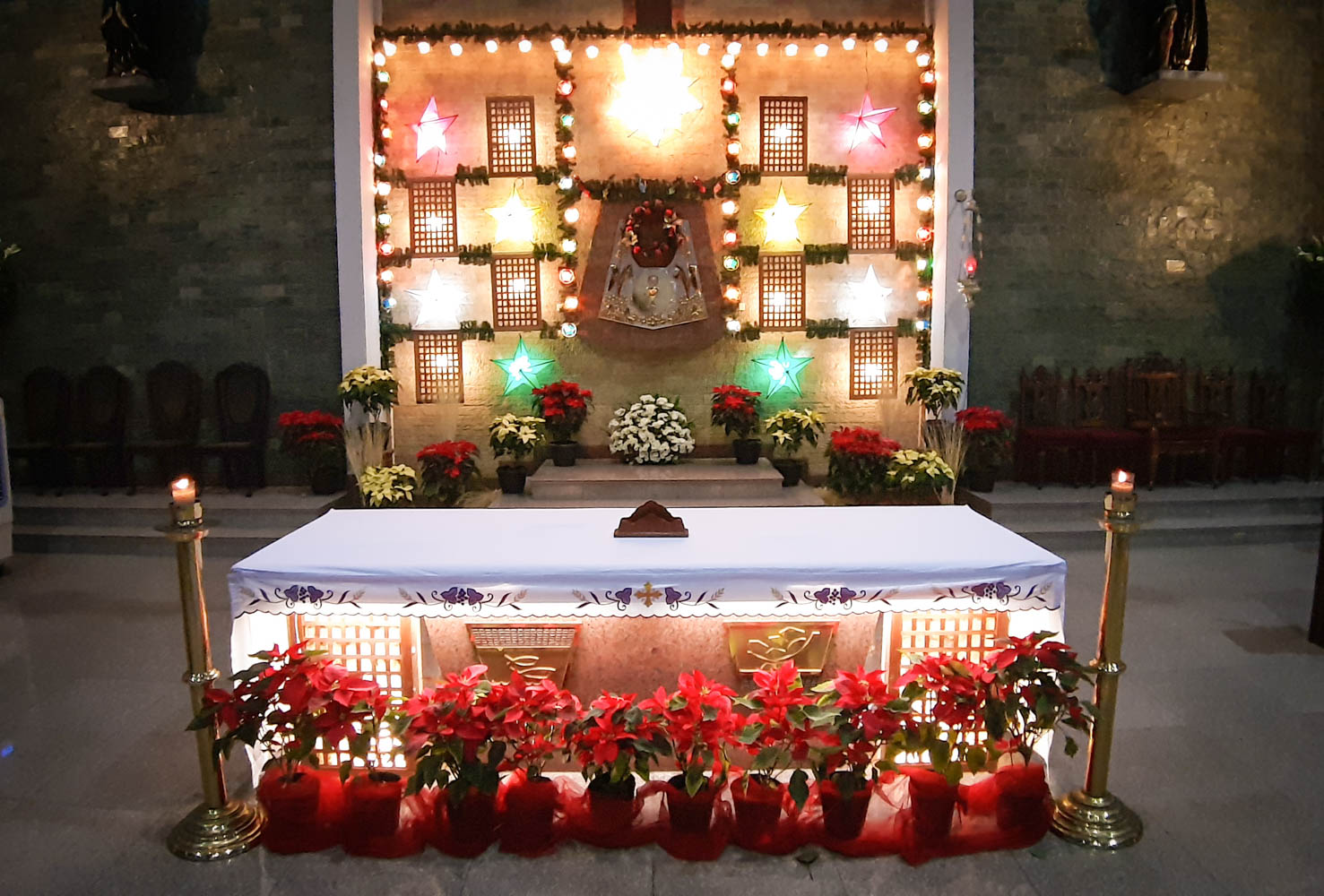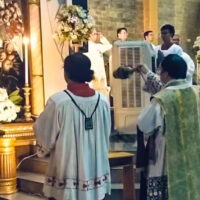Faithful Stewards of What Truly Lasts
The parable of the steward unsettles us because it portrays a man who acted with more self-interest, yet Jesus praises his foresight. The point is not his dishonesty, but his ability to recognize a crisis and respond with urgency. If someone can be that resourceful for something temporary, how much more should disciples act wisely for what is eternal.
This Gospel invites us to examine how we handle what has been entrusted to us. Our lives, possessions, and opportunities are not our own; they are gifts from God meant to serve His purposes. To be careless or self-serving in these responsibilities is to squander not only material things but also the trust God places in us.
Jesus warns us that fidelity is tested first in small matters. How we speak, how we work, how we treat others in daily interactions—these reveal our readiness to handle greater responsibilities in the kingdom. Faithfulness in little things forms the foundation of holiness.
Finally, Jesus reminds us that loyalty cannot be divided. Wealth, power, and comfort may offer security for a time, but they will never satisfy the soul. To serve God wholeheartedly means putting Him above every competing attachment. Only then do our resources, no matter how limited, become instruments of grace that lead us toward eternal life.
The challenge is clear: be wise with what fades, but invest most in what endures. True stewardship is measured not by what we keep, but by how we give and whom we serve. —ajmp
Urgency in the Shadows
The gospel passage caught me off guard. It’s not easy to digest—why would Jesus commend someone dishonest? But as I sat quietly with it, I realized He wasn’t praising the man’s lack of integrity. He was highlighting his wisdom in crisis, his urgency, and his ability to act.
And that’s where it hit me.
I’ve been entrusted with much – my role, my voice, my relationships, even my faith. But am I stewarding these gifts with urgency? Or have I become comfortable, waiting for the “right time” to act on what I already know I should be doing?
The steward, though flawed, didn’t waste time. He didn’t spiral into guilt or denial. He moved. He used what he had left to secure something beyond his current failure. That challenges me deeply. It reminds me that wisdom isn’t just about knowing what’s right – it’s about acting on it. And sometimes, even in the shadows of our mistakes, we can still choose to move forward with purpose.
I also feel the tension between being “good” and being “wise.” I’ve always tried to lead with integrity, but maybe I’ve underestimated the value of spiritual shrewdness – the kind that plans, prepares, and acts with eternity in mind.
Jesus says the children of this world are more shrewd than the children of light. That stings. It makes me wonder: Am I as intentional in my spiritual life as I am in my professional one?
There’s grace in this reflection. The steward was imperfect, yet still capable of wise action. That comforts me. I don’t have to be flawless to be faithful. I just need to be willing to act.
Today, I’m praying to God to help me see clearly what I’ve been entrusted with; to move with urgency, not fear, and to trust that even in my imperfections, He can still work through me. —m’jdm
PRAYER TO START THE WEEK
God of mercy, guide me to see my life as a gift and my blessings as tools for Your kingdom. Keep me from being careless or selfish with what You have entrusted to me. Instead, make me wise, generous, and ready to serve others. May I live each day with my heart set on You alone. Amen.
REFLECTION QUESTIONS
Personal:
Do I treat my faith with the same urgency and seriousness as I treat my personal goals?
Practical:
How can I use my money, skills, and time more wisely this week to serve God and help others?
 Diocese of Parañaque
Diocese of Parañaque












